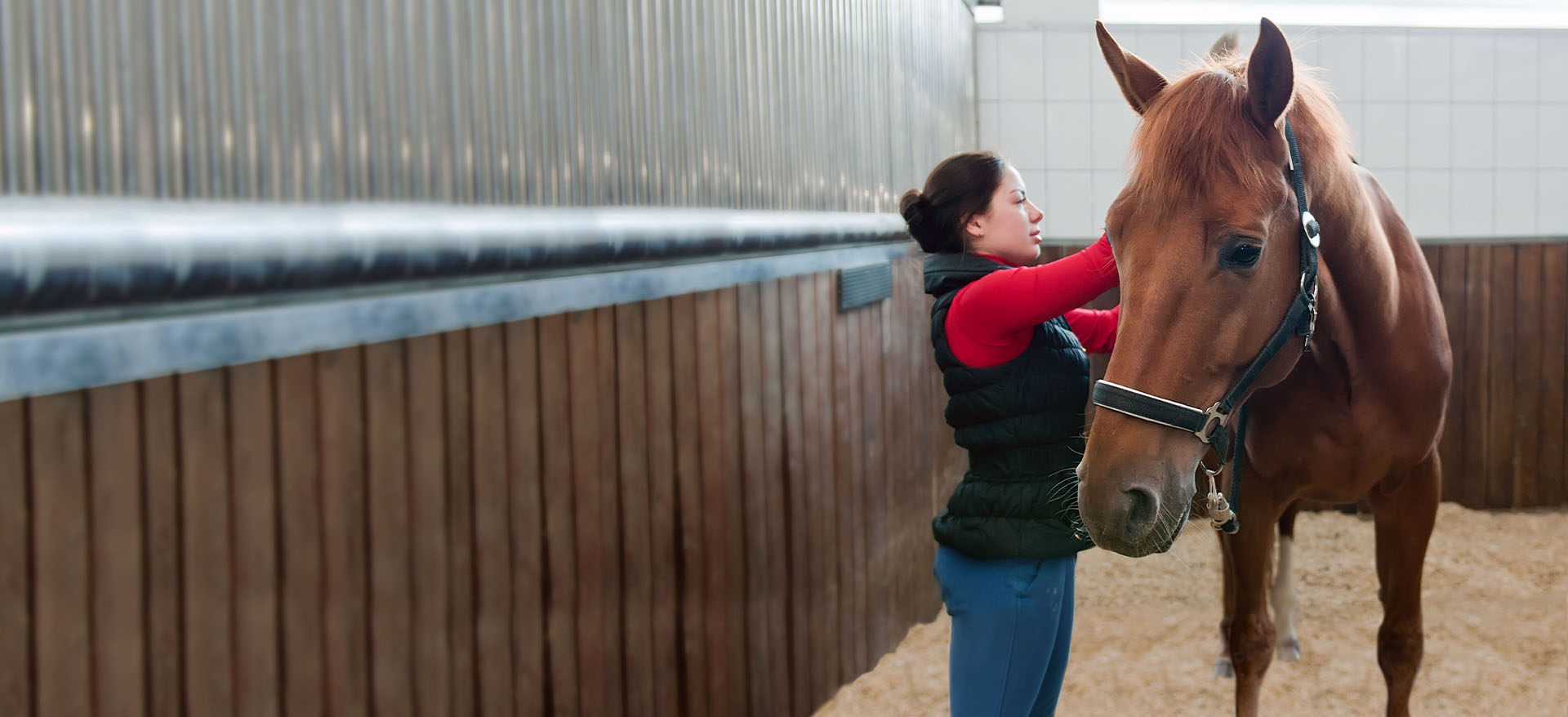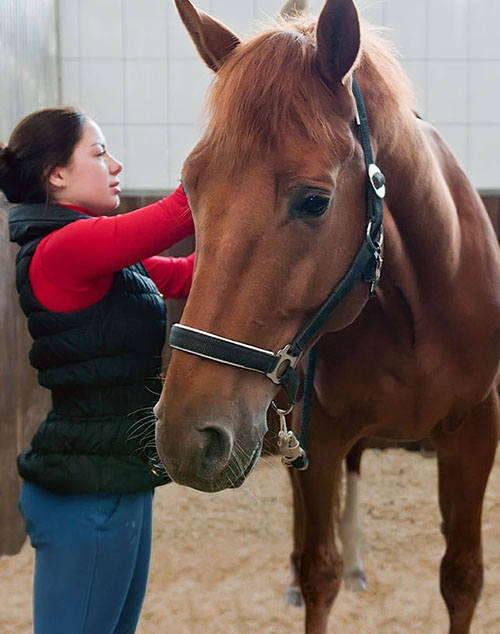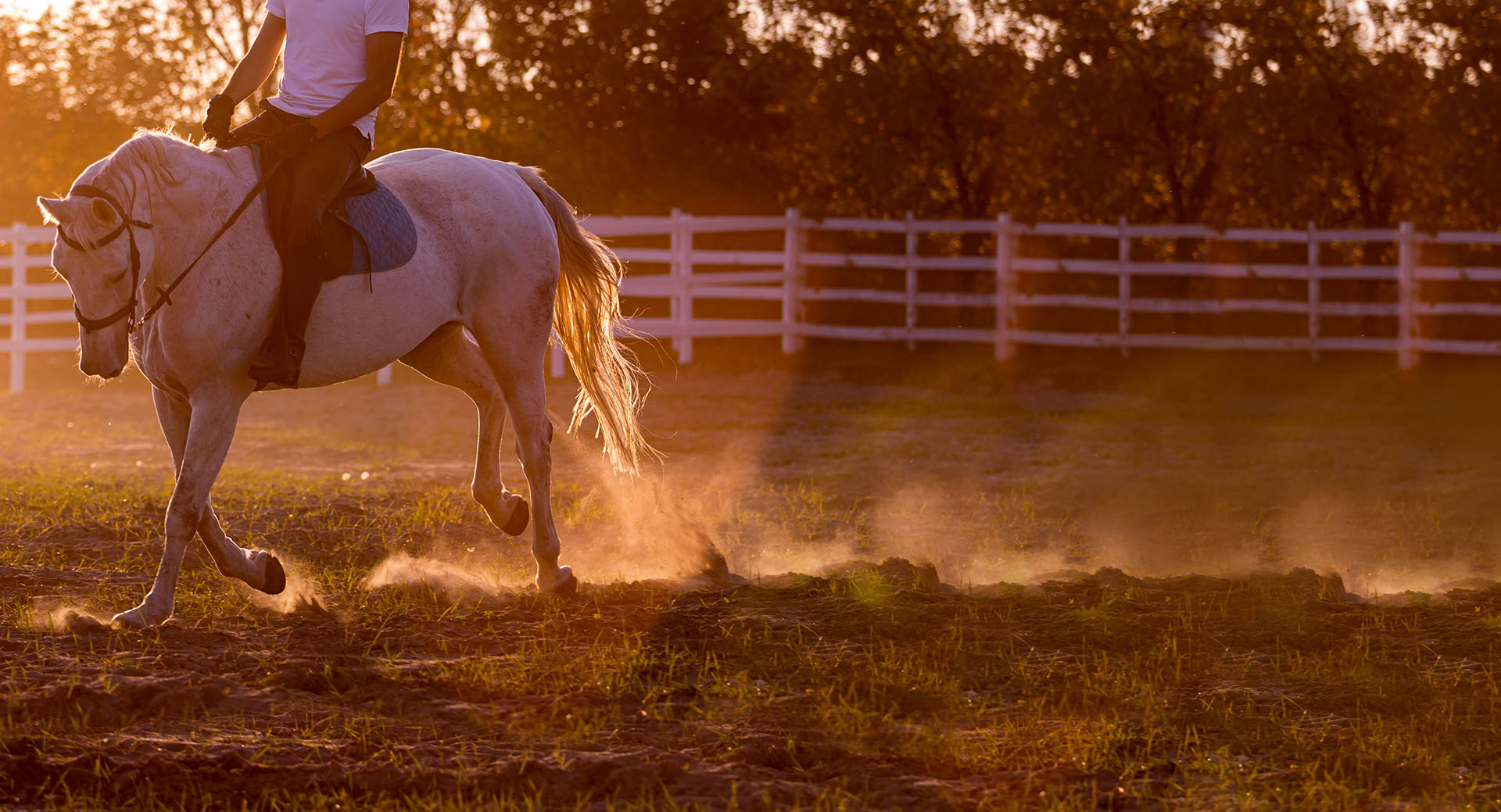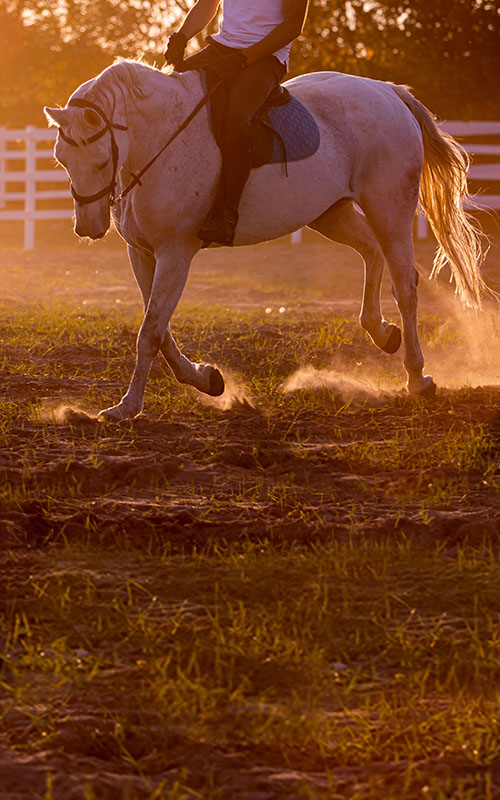Common feeding mistakes to avoid with senior horses


Disregarding digestion
Horse’s digestive systems slow down with age and disregarding how easily some feeds and forages can be digested can cause issues for your senior horse. Mature hays with tougher and stemmy fiber do not digest as easily in a senior horse’s hindgut and may be difficult to chew if they have poor dentition.
TO HELP: Look for alfalfa and high-quality grass hays which are much easier on a senior horse’s digestive system. Similarly, feed should be well processed so it is easier to digest and absorb essential nutrients in their feed.
Overloading vitamins and minerals
Slower digestion can mean your horse is not absorbing the nutrients they need. Because of this, supplementing things like fat and fiber may be necessary for your aging horse. However, it is possible to over supplement certain nutrients.
TO HELP: Be sure to check your feeds and forages as they may already be fortified with enough micronutrients to balance nutrition levels — talk to your vet about the correct levels for your horse to determine if supplementation is necessary.
Not monitoring teeth
Teeth breaking down feed is the first stop for all nutrition in the digestive system — called mastication. As horses age, their teeth change and can wear unevenly. Senior horses can have problems chewing or even experience pain while chewing because of this.
TO HELP: Consider switching to a chopped forage, or soaking hay cubes in water to make chewing easier. Preparing feed as a mash can also be beneficial, as well as feeding on the ground to help prevent choke. Lastly, schedule regular equine dentist visits to keep ahead of potential dental issues.
Soaking hay the wrong way
Senior horses are prone to developing metabolic diseases. Therefore, managing NSC levels in your senior horse’s feed and forage becomes crucial to maintaining their overall health. To help reduce starch and sugar levels, you may want to soak forages for 15 to 30 minutes before feeding. This process is intended to remove some of the sugar and starch from the hay. But if done incorrectly, it doesn’t truly improve NSC levels.
TO HELP: Only soak enough hay for one feeding at a time. You never want to soak too much at a time because storing soaked hay can cause mold and bacteria growth — making the hay unsafe for consumption. (Be sure to dispose of the soaking water immediately before feeding in an area your horse will not have access too.)
Not prioritizing hydration
Senior horses tend to get dehydrated more easily than their younger counterparts. In the winter months, when they are the least motivated to drink water, they are at risk for impaction in the hind gut.
TO HELP: Be sure horses always have access to fresh, clean water sources. You can add water to feed to make a mash and provide more hydration. Adding water is also recommended for horses with poor dentition. A warm mash is an enticing treat in the colder months and will encourage your horse to hydrate.
Feeding in a group setting
Older horses can be bullied in a group feeding session. Younger horses push them to the side, preventing them from getting their full service of feed.
TO HELP: Bring senior horses to a separate feeding area where they will have plenty of time to eat and drink. Seniors tend to eat slower so giving them their food in a separate area allows them to eat all of their feed without being pushed out by a younger horse.

